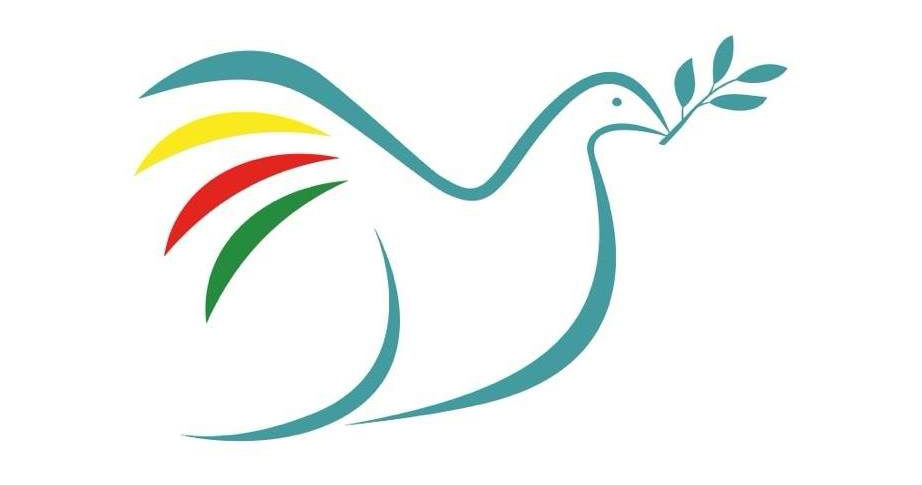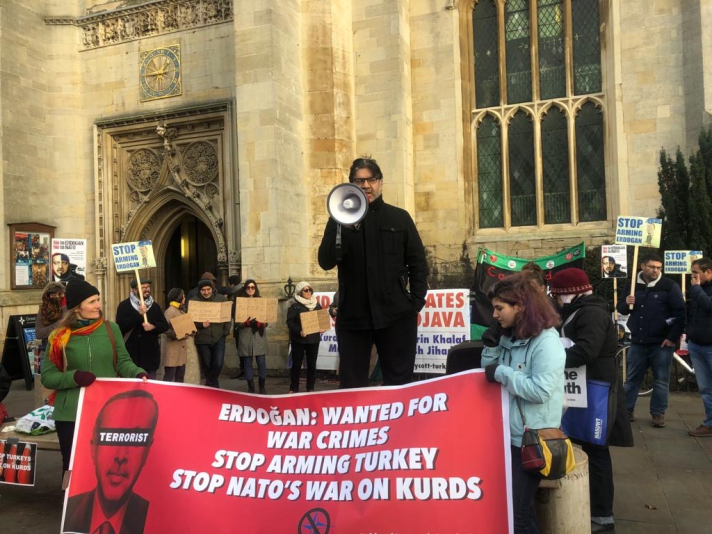· LSE MIDDLE EAST CENTRE PODCASTS
- 01:20:20
Women have been at the forefront of many of the political and military struggles in the Kurdish Middle East, most visibly so since the outbreak of the ‘Rojava Revolution’ in 2012. But women have in fact since the foundation of the PKK in 1978 played an integral role in the ideological and political development of the Liberation Movement as a whole; as guerrillas, activists, politicians, mothers and prisoners. Isabel Käser will trace the complex history of the Kurdish Women’s Liberation Movement, discuss how women’s autonomous organisational structures have emerged and how they operate today between the mountains and the cities of the four different parts of Kurdistan. Her talk analyses the emancipatory power this movement holds but also unpacks some of the tensions that emerge from the interplay between militarism, the party’s body politics and the movement’s revolutionary quest for a more democratic Middle East. Recorded on 4 June.
————————————————————————————————-
Isabel Käser holds a PhD from SOAS where she worked on the Kurdish Women’s Movement. Her work contributes to debates around gender and war, feminism and nationalism, as well as conflict and body politics.
Continue reading “The Kurdish Women’s Movement: On Revolution, Militarism and Body Politics”

